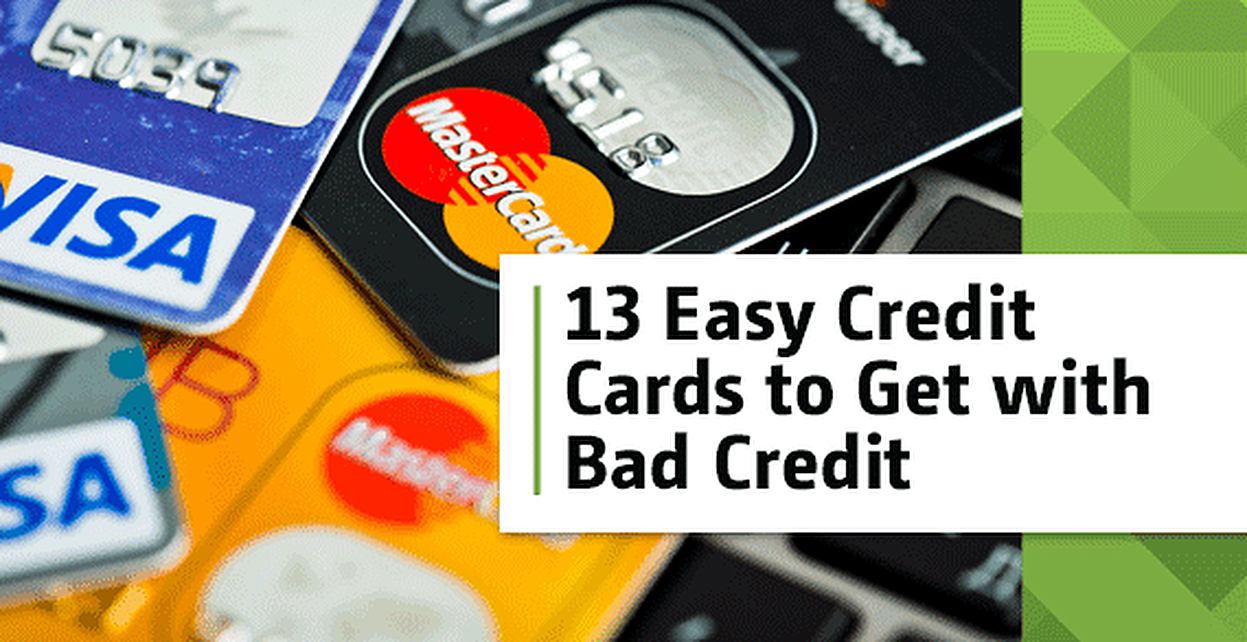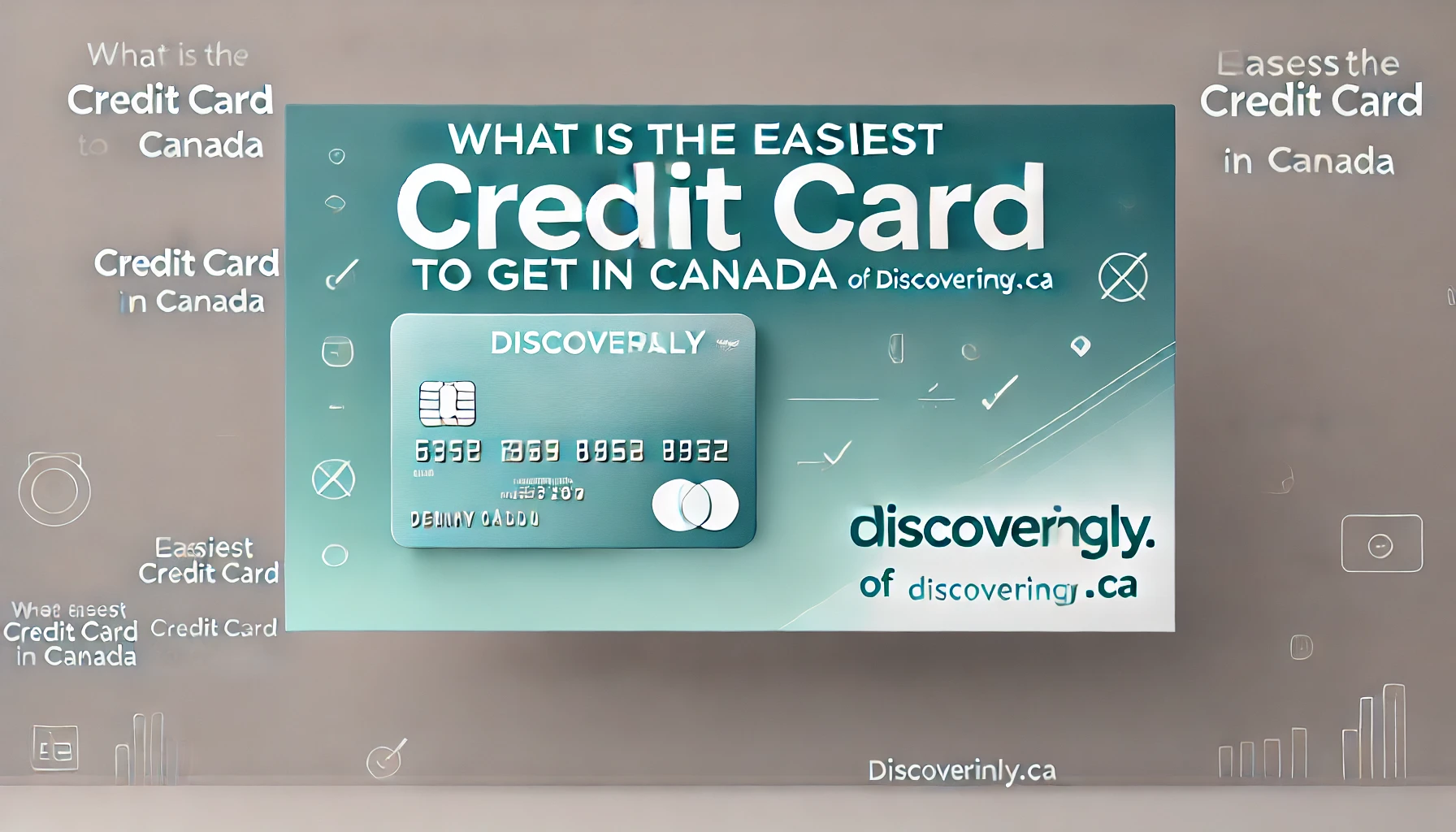What Is The Easiest Card To Get Approved

Millions are seeking credit, but approval rates are tight. Knowing which card offers the best shot can save you valuable time and protect your credit score.
Navigating the credit card landscape can be daunting, especially for those with limited or damaged credit history. The goal is to find a card that balances accessibility with reasonable terms, helping you build or rebuild credit without falling into debt traps.
Secured Credit Cards: Your Stepping Stone
Secured credit cards are often the easiest to get approved for. These cards require a security deposit, typically equal to your credit limit, which mitigates risk for the issuer.
Discover it Secured Credit Card and the Capital One Platinum Secured Credit Card are popular choices. They report to all three major credit bureaus (Equifax, Experian, and TransUnion), helping you establish a positive credit history.
The security deposit acts as collateral, so even with a poor credit score, approval is highly likely. According to Credit Karma, approval rates for secured cards are significantly higher than unsecured options for those with fair or poor credit.
Unsecured Credit Cards for Fair Credit
If you have fair credit (typically a FICO score between 580 and 669), some unsecured cards become accessible. These cards don't require a security deposit but may come with higher interest rates and lower credit limits.
The Capital One Platinum Credit Card is often recommended for individuals in this credit range. Another option is the Credit One Bank Unsecured Visa, although be mindful of its fees and interest rates.
Data from Experian suggests that approval rates for these cards are higher for applicants with a history of responsible credit use, even if past mistakes exist. Remember to compare offers and read the fine print before applying.
Store Credit Cards: Targeted Approval
Store credit cards, often offered by retailers, can also be easier to obtain. These cards are typically used for purchases within a specific store or brand.
Approval standards are generally less stringent compared to major credit card issuers. However, these cards often come with high APRs and limited usability outside the specific store.
While they can help build credit, carefully consider if the spending restrictions and interest rates align with your needs. Always prioritize responsible spending, regardless of the card's accessibility.
Factors Influencing Approval
Several factors influence credit card approval, beyond just your credit score. Income plays a crucial role, as issuers want to ensure you can repay your debt.
Your debt-to-income ratio (DTI) is also evaluated, comparing your monthly debt payments to your gross monthly income. A lower DTI indicates less financial strain and a higher chance of approval.
Application information should be accurate and complete to avoid delays or denials. A history of bankruptcies or significant delinquencies will negatively impact your chances.
Next Steps: Choosing Wisely
Before applying, check your credit report to identify any errors and understand your credit standing. Credit Karma and AnnualCreditReport.com are good resources for accessing this information.
Compare multiple offers to find a card that suits your needs and financial situation. Pay close attention to interest rates, fees, and rewards programs.
Apply for only one card at a time to avoid negatively impacting your credit score. Building or rebuilding credit is a marathon, not a sprint. Responsible use and timely payments are key.










:max_bytes(150000):strip_icc()/creditcardjacquesloicGettyImages-140359950-578ea7593df78c09e98149ae.jpg)







